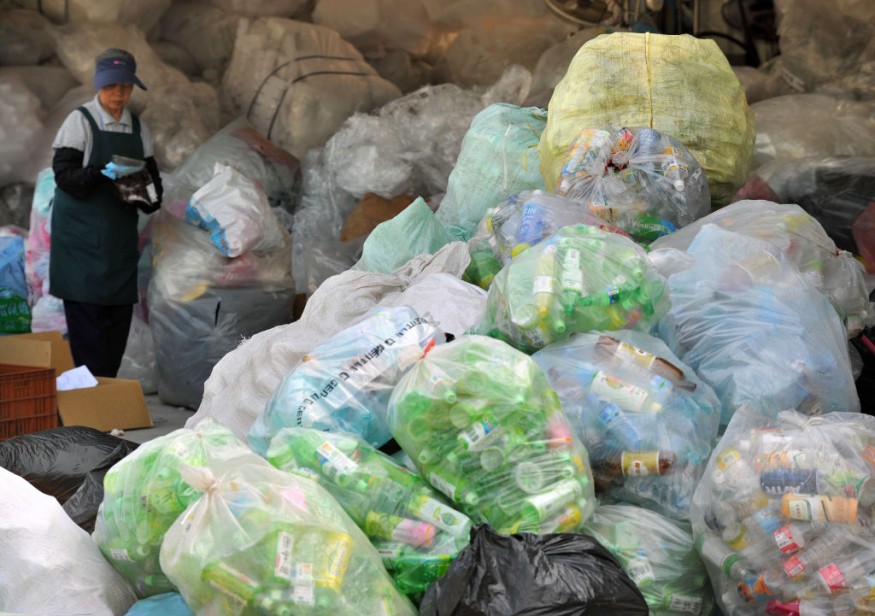
In a groundbreaking discovery, researchers at the University of Alabama have developed a more efficient and cost-effective method for breaking down plastic waste.
This innovation has the potential to significantly reduce global plastic pollution, a crisis that threatens ecosystems and human health.
Dr. Jason Bara's Experiment Revolutionizes Plastic Waste Breakdown with Imidazole
According to The Cool Down, plastic pollution is a growing problem, with hundreds of trillions of plastic pieces polluting oceans and waterways and microplastics even being found in human bodies. Unfortunately, less than 10% of plastic waste in the United States is recycled.
Traditional recycling processes often yield low-quality materials with limited uses, making them less appealing for widespread application.
Enter Dr. Jason Bara, a professor at the University of Alabama's College of Engineering. Dr. Bara and his team had been researching ways to break down polyethylene terephthalate (PET), a common plastic found in water bottles and other products, using a chemical process called chemolysis.
Previous efforts focused on compounds known as amines, derived from ammonia, which have been moderately effective but limited in their outcomes. The resulting recycled materials often lack versatility and commercial value.
Looking for a better solution, Dr. Bara decided to test imidazole, a compound widely used in pharmaceuticals, textiles, and paints. Though imidazole's effectiveness in chemolysis was uncharted territory, its versatility made it a promising candidate.
"I've worked with imidazole for much of my career," Bara explained. "It's amazing how adaptable it is."
Could Imidazole Be the Key to a Cleaner, More Efficient Plastic Recycling Future?
When the team tested imidazole on PET, the results were astonishing. Dr. Bara's student reported back with a simple but stunning observation: "The plastic is gone. It's all gone."
This reaction not only effectively broke down the plastic but also produced compounds with broader applications than those created by traditional recycling methods.
The breakthrough suggests that using imidazole for PET recycling could yield higher-quality recycled materials while being more cost-efficient and commercially viable.
This advancement holds the potential to revolutionize recycling processes, making them more accessible and impactful.
While this discovery is still in its early stages, its implications are immense. By improving the efficiency and profitability of plastic recycling, this technology could help reduce the amount of plastic waste piling up in landfills and polluting the environment, WasteAdvantage said.
Researchers are optimistic that their work will encourage more sustainable practices and lead to cleaner oceans, healthier ecosystems, and a brighter future for the planet.
© 2025 NatureWorldNews.com All rights reserved. Do not reproduce without permission.





